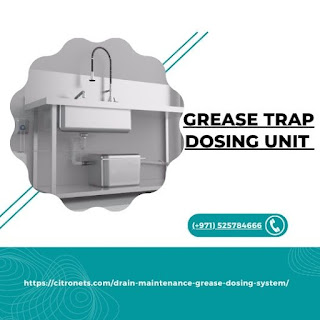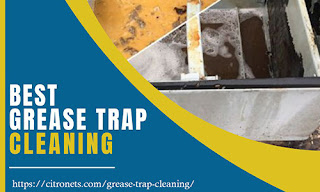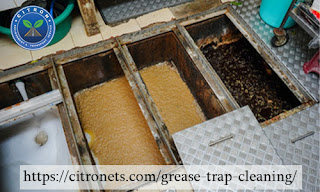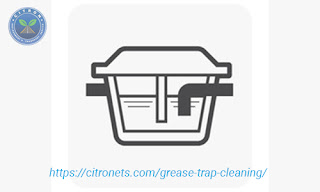The Importance of Regular Septic Tank Cleaning
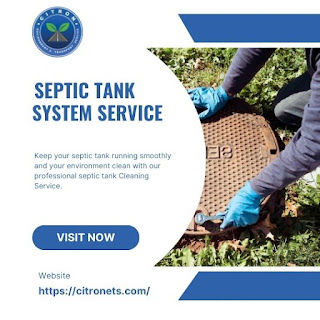
Maintaining a healthy and functional septic system is crucial for the well-being of your property and the environment. While many homeowners focus on the visible aspects of home maintenance, the septic tank often remains out of sight and out of mind. In this comprehensive guide, we delve into the significance of regular septic tank cleaning, shedding light on the benefits, process, and key considerations that every responsible homeowner should be aware of. Understanding the Septic System Before delving into the importance of regular cleaning, let's grasp the basics of a septic system. It's an underground wastewater treatment structure commonly used in rural areas or properties without access to a centralized sewer system. A typical septic system comprises a septic tank and a drainfield, working together to manage and treat household wastewater. The Buildup of Solid Waste Over time, solid waste accumulates in the septic tank, forming sludge at the bottom. This sludge can reduc
